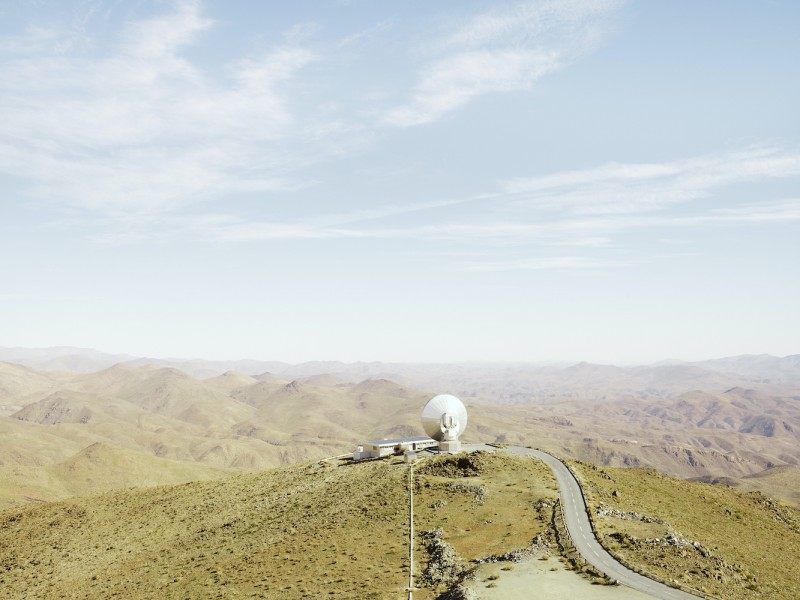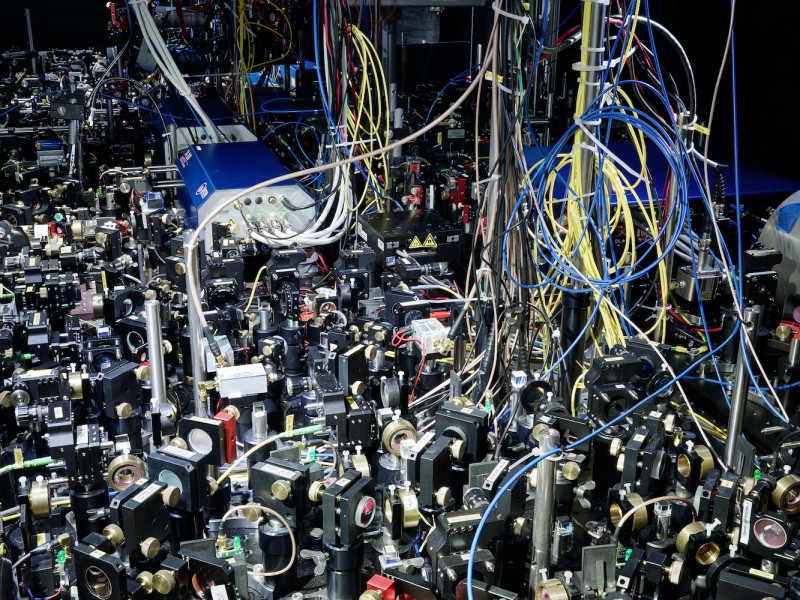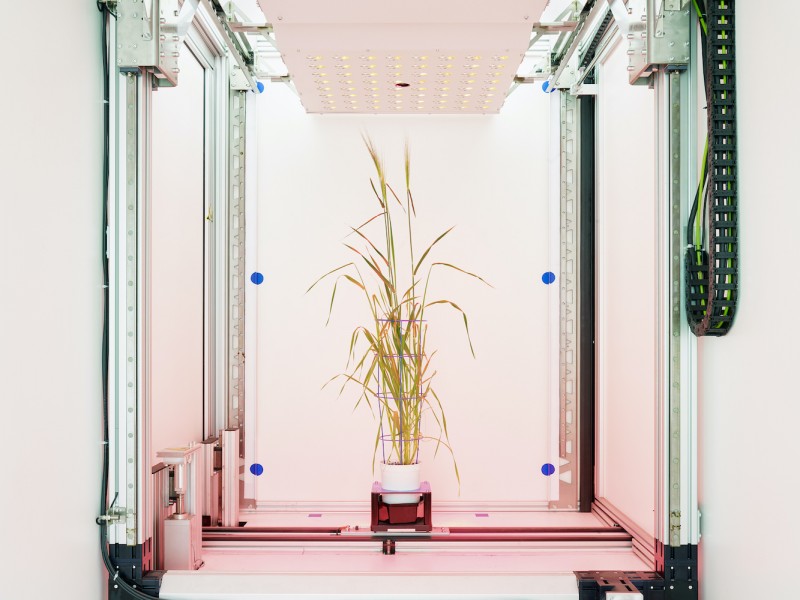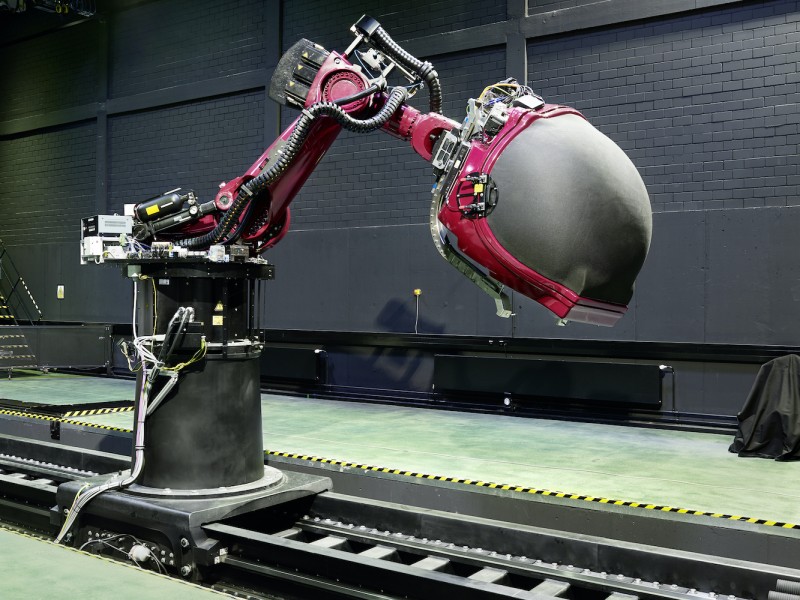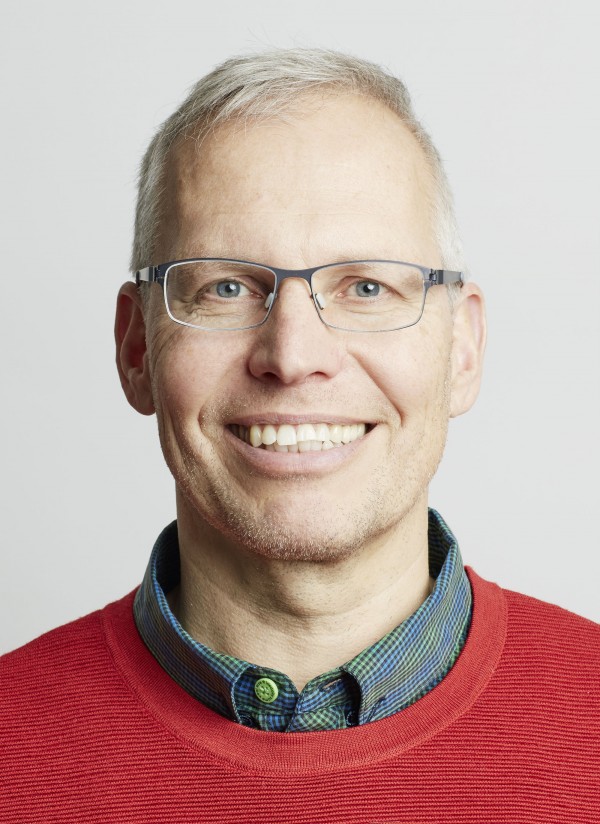Hypothesis
Hypothesis
Henrik Spohler
April 17, 2020
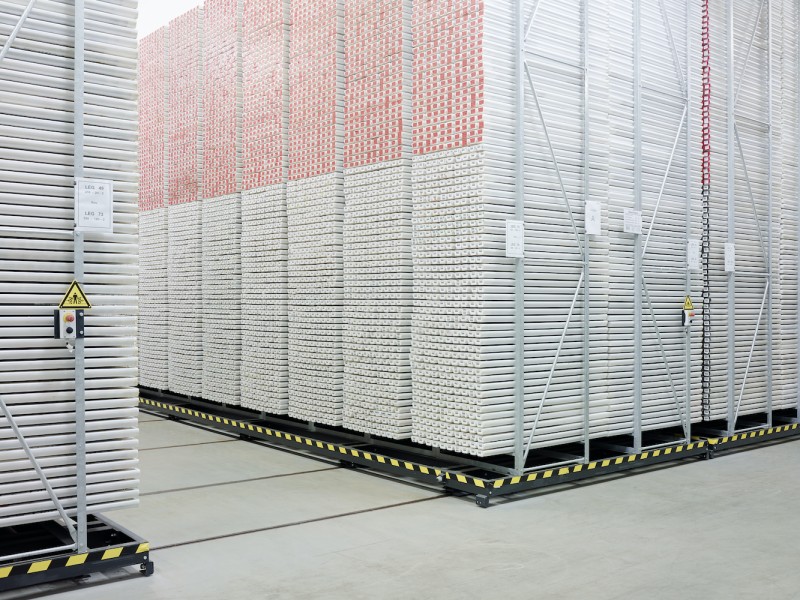
LFI: Your book has come out at a turbulent time, when the world is being shaken by the corona crisis. Can you explain the book's photographic commentary in words?
Henrik Spohler: In the present emergency situation, it quickly becomes clear how important it is for scientists all over the world to work together, with the aim of jointly solving global issues. From 2017 to 2019, I went to photograph at scientific centres – at times, hidden ones. I was interested in the fundamental research being carried out, within the complex worlds of the natural sciences, in the areas of time, space, matter and life.
What was it that motivated you to do this project?
Since the Enlightenment, knowledge of the natural sciences has been at the basis of industrialisation and of modern society. In the fundamental research carried out today, it's as if new knowledge is in perpetual motion: later on, through applied research, it gets transformed into concrete innovations. Since the year 2000, I've been exploring the question of how new technologies will be changing the future of society. Hypothesis offers a glimpse into the development chambers of the future: a glimpse into places where there is just one goal being followed – to provide the world of tomorrow with new findings.
How did you discover the often hidden scientific complexes? How did you manage to get into them?
The toughest part of the project was having to research in books, specialised magazines and online, to find material that might offer interesting content for a chapter; combined with the question of which venues were appropriate for a photographic dialogue. It's not so difficult to get access to research institutions, if you can prove a serious artistic interest and plans to publish. I began my project at the time when scientists around the world had joined together for the March for Science, to stand up to the trend towards alternative facts, prevalent at the time. There was a basic consensus to go public.
Henrik Spohler: Hypothesis
Hard cover 30 x 25 cm, 112 pages, 45 images. € 34.
Essay by Urs Stahel, picture texts by Inke Suhr
English / German
Hartmann Books
Henrik Spohler+-
Born in Bremen in 1965, Spohler studied at the Folkswang School/University of Essen. He has been working as a freelance photographer, since 1992. His multi-award-winning work is found in public and private collections, and has appeared in numerous national and international, solo and group exhibitions. His monograph publications In Between (2016) and The Third Day (2013) have been well received. Since 2009, he has been a Professor of Communication Design at the University of Applied Sciences in Berlin. More

